Faceless photos are trending—at least when it comes to photography. We’ve all seen the pictures: faceless figures in a vast landscape, tourists in straw hats gazing at iconic landmarks, and the famous #Followmeto theme, where all we see is someone’s back leading us into the unknown.
When a photo is anonymous, we can’t identify the subject, but that doesn’t matter. These images can be just as powerful as traditional portraits.
In the last five years, everyone from National Geographic to Mashable has hosted a “faceless portrait” challenge for members of their communities. In 2017, a young woman in Poland made international headlines for her “faceless” Instagram feed, where she shared anonymous self-portraits and amassed over 100,000 followers.
Brands are catching on. In addition to teaming up with Instagram influencers known for their “anonymous” aesthetic, companies around the world are looking to capitalize on this trend using images they can download and license online. It started on social media, but the “go anonymous” theme has since spread into the world of marketing and stock photography.
Regardless of your genre or specialty, now’s the time to incorporate some faceless photography into your portfolio. Read on to learn why.
The “wanderlust” factor
If there’s one genre where the anonymous approach has truly dominated, it’s travel photography. Photos of models exploring beautiful destinations, usually with their backs turned, invite us to imagine what it would be like to travel to these places ourselves.
“Anonymity can be great when you are trying to encourage the viewer to consider themselves in the shoes of the model,” the 500px Content Team tells us. “It becomes more of an experiential association.”
Popular travel platforms like @beautifuldestinations, @dametraveler, and @travelandleisure are full of inspiring examples. “Frequently, we find the ‘go anonymous’ photographs feature the back of the head, and often we find these compositions showcase adventure seekers looking out onto a dramatic landscape,” the 500px Content Team explains. “These photos can be associated with the ‘wanderlust’ travel aesthetic that we see continue to gain traction across a variety of media.”
Widespread appeal
A commercially viable photo will appeal to a wide variety of buyers, whether it’s a travel agency or a beauty brand. While photos of faces are essential for some situations, they can also unintentionally alienate buyers, depending on how they want to use the image.
In a faceless photo, you can’t always tell the gender, age, or ethnicity of the model, so the message often feels more universal. Anonymous photos are also more open-ended emotionally; a facial expression tells you exactly how to feel, while faceless portraits remain ambiguous. Unless an image-buyer is targeting a specific demographic, they’ll want to appeal to a diverse array of customers, and in many cases, anonymous images can feel more inclusive.
Last year, for example, Boots released a popular “faceless” makeup ad, developed by Ogilvy UK. By emphasizing how people felt wearing the products and not how they looked, the campaign resonated with people who might feel excluded or alienated by conventional makeup ads.
The guessing game
Faceless photos also have a degree of mystery. They inspire us to pause and ask questions, and sometimes, that can be a great advertising tool.
In the early 1990s, for example, Jockey unveiled a billboard in Times Square featuring a reclining celebrity model. It was a typical illustration except for one crucial factor: the face wasn’t filled in. At the time, there was no way to know who the model in the photo was, though it was revealed later that year.
By hiding just as much as they revealed, the brand captured customers’ attention. Perhaps this is an extreme example, but it speaks to the power of curiosity in marketing. By fully or partially obscuring a model’s face, you tap into that same sense of mystery. Brands can then leverage that feeling to spark curiosity, interest, and engagement among customers.
A dose of originality
We see photographs of faces constantly—in magazines, blogs, ads, billboards, and social media feeds. Faceless portraits catch our eye because they go against the grain. Use the “faceless challenge” to inspire creativity and unconventional thinking.
When we say “anonymous,” we don’t mean boring or generic. Your photo still needs to have an emotional valence or convey some sort of narrative in order to be commercially viable, so use your imagination when it comes to props and other storytelling devices.
“We’ve seen photographers obstruct the face using all sorts of props and other materials,” the 500px Content Team elaborates. “Bubble wrap, water, and light are great tools to use and experiment with. Some other fun ones include balloons or cotton candy. Photographers use almost any kind of props they can find, from plants to pets.”
Artsy vibes
Reflective surfaces and sheer fabrics (curtains, pantyhose, etc.) also work, especially if you’re going to for a moody, cinematic look. “Abstracting the face within a portrait photo is a great way to add dimension and texture,” the Content Team explains. “Shooting behind glass, for instance, can show the viewer what’s behind the model, as well as hinting at what is in front of the model through different reflections. It gives your imagination more room to breathe as you piece together the scene.”
Trendy props
A faceless portrait is also the perfect excuse to bring out some quirky, trendy objects and incorporate them into your shoot. If pineapples or cacti are trending in graphic design, social media, and stock, why not use them in a portrait shoot?
Another way to ensure your photos are modern and up-to-date is to include cutting-edge technology. Taking photos of people posing for selfies with their new phones or wearing VR headsets are all natural ways to tap into the “anonymous” aesthetic in an organic, natural way—while also speaking to other trends at the same time.
Authentic moments
Faceless photography gives you a chance to capture those candid, in-between moments where your subject isn’t looking at you directly. Photograph your models in motion, or with hair or scarves over their faces, interacting with their environment. Even though we might not be able to make out the person in the photo, these genuine, spur-of-the-moment shots feel relatable and honest.
Whether you’re shooting faceless photos or traditional portraits, it’s important to prioritize realistic movements, poses, and gestures. “While, historically, stock photography and cheesy, overly posed photos may have been synonymous, today we crave authenticity,” the 500px Content Team tells us.
More options
We’re not suggesting that you shoot only anonymous content. These kinds of images can add to your portrait portfolio—not replace what’s already there. Photos of faces are still important. “While it is great to go anonymous in certain scenarios, expression and identity can also lend a hand in conveying a concept or message,” the Content Team explains.
When it comes to Licensing, variety is the name of the game, so shoot photos with and without faces. While on set with a model, make sure to capture a little of everything. Some clients will look for faces and expressions, while others will prefer a more anonymous style.
“It’s always a good idea to cover a broad range of scenarios,” the Content Team tells us. “Experiment with a variety of looks, locations, and actions to get the most out of your session. With a broad portfolio, your mass appeal increases, and your chance of being found by various buyers or other photographers increases as well.”
A note on model releases
“In general, if the photo is just of hands or feet and the person would not be able to recognize themselves, then a release is not required,” the Content Team explains.
“However, if it’s a photo of the back of someone, for example, and they could recognize themselves by their hair, clothing, or environment, then a release is required. The photographer must always be careful, though, because even if a photo only shows someone’s hands, they may still be able to recognize themselves from a tattoo or unique birthmark.”
Model-released shots are evergreen in the world of stock photography, so even if you’re shooting anonymous photos, get one signed.
Click here to learn about Licensing with 500px.

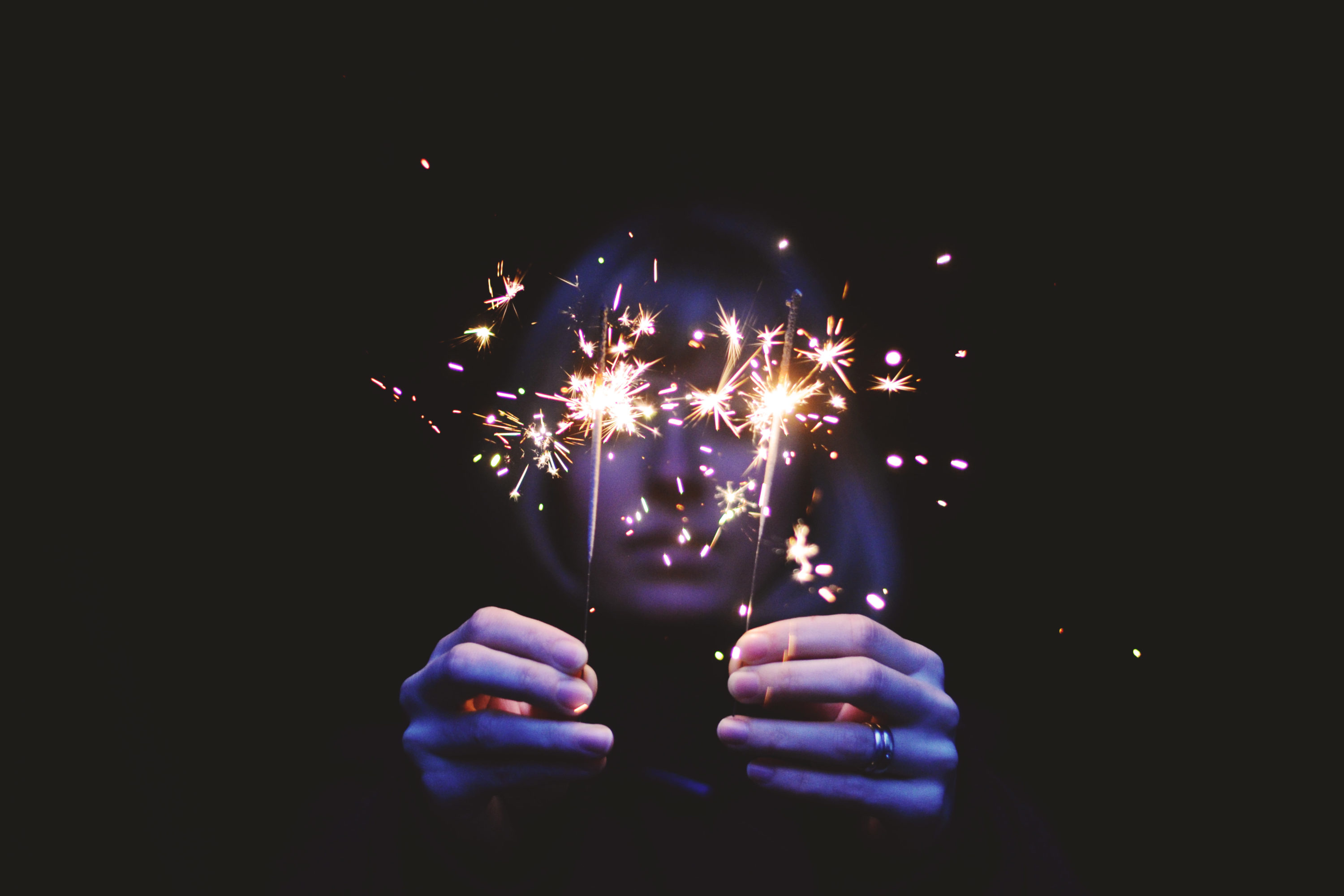
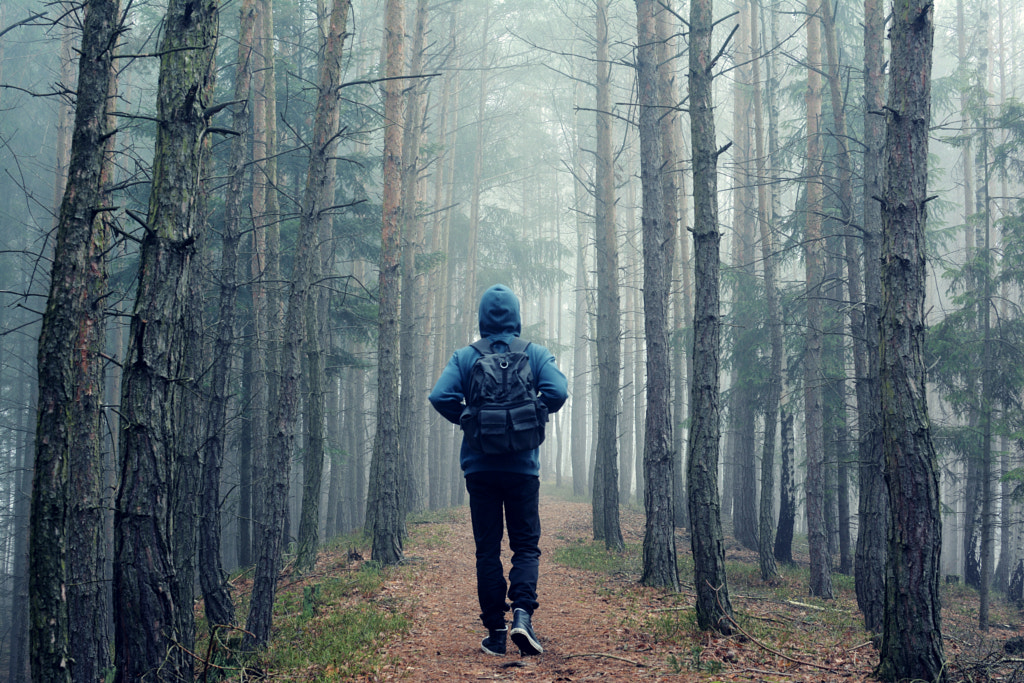


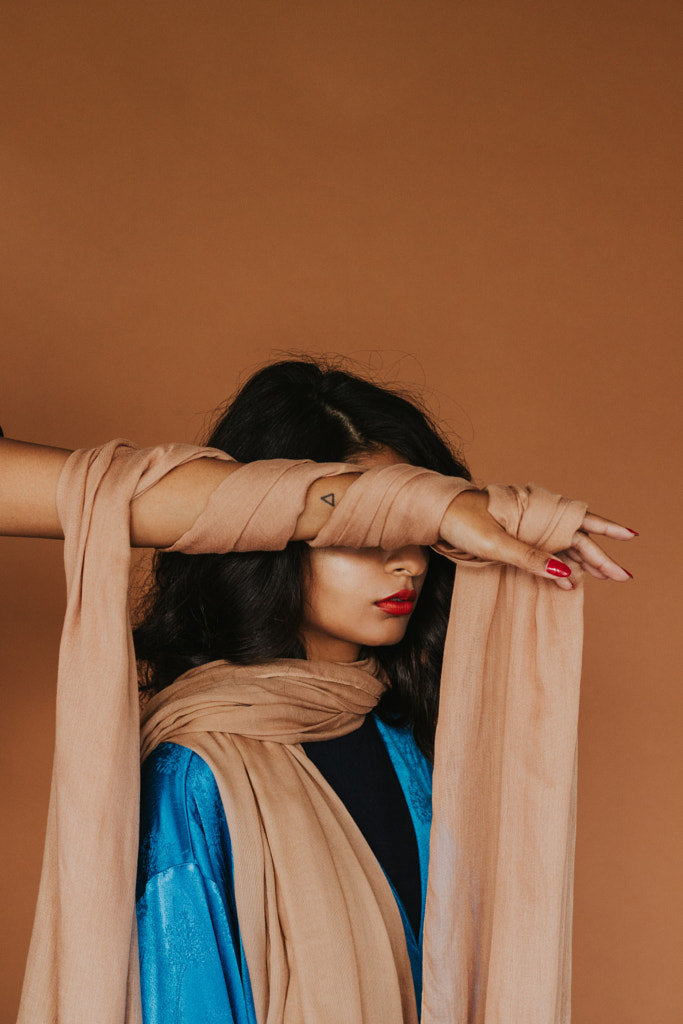
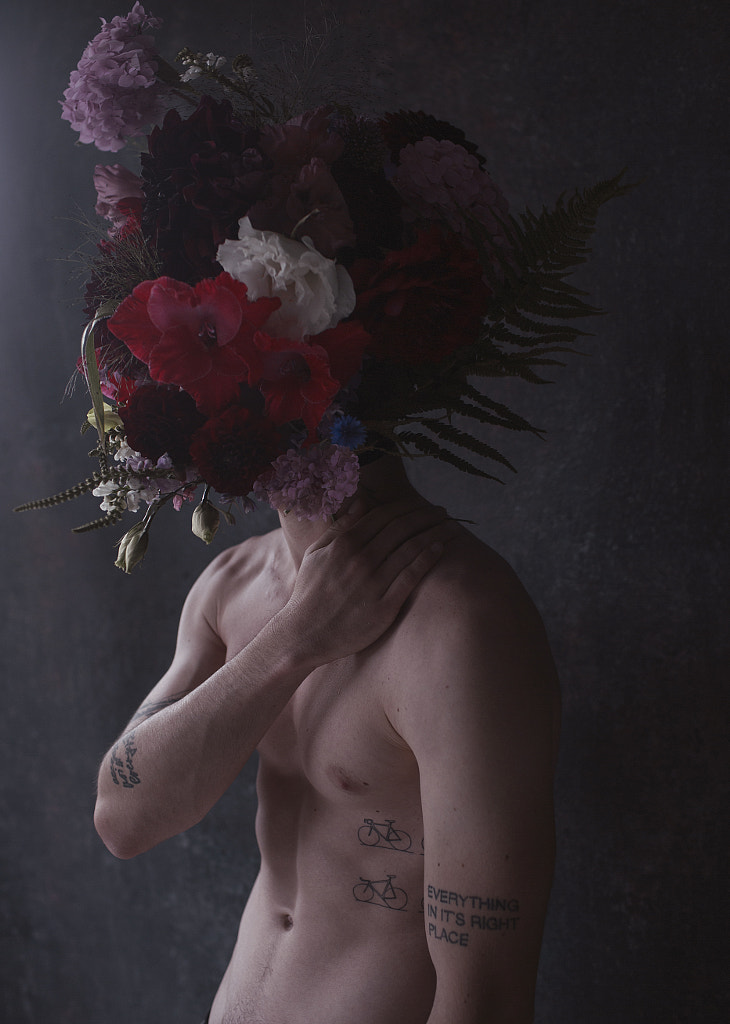
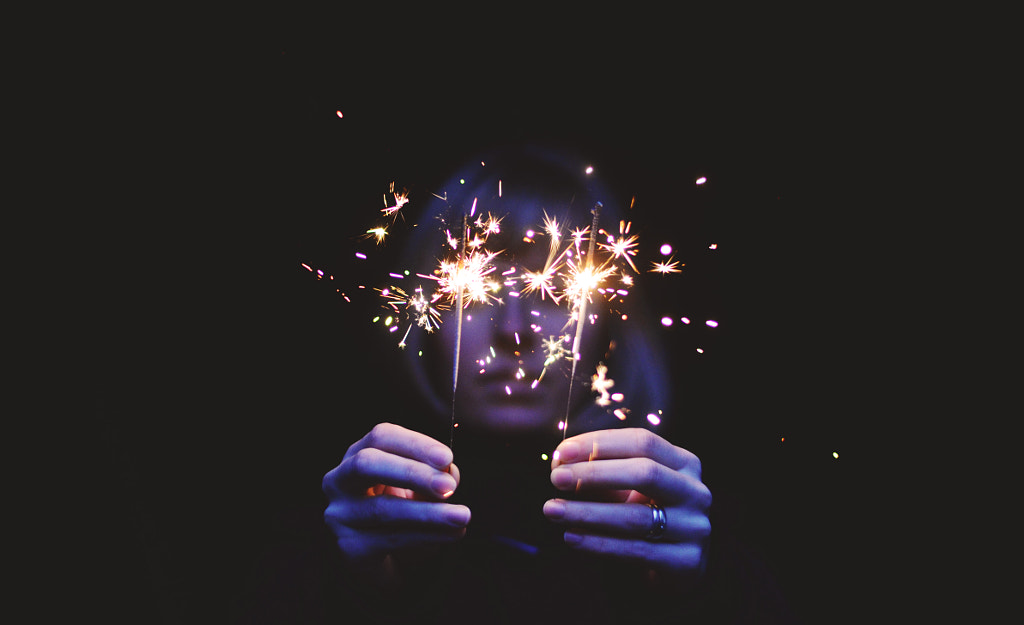
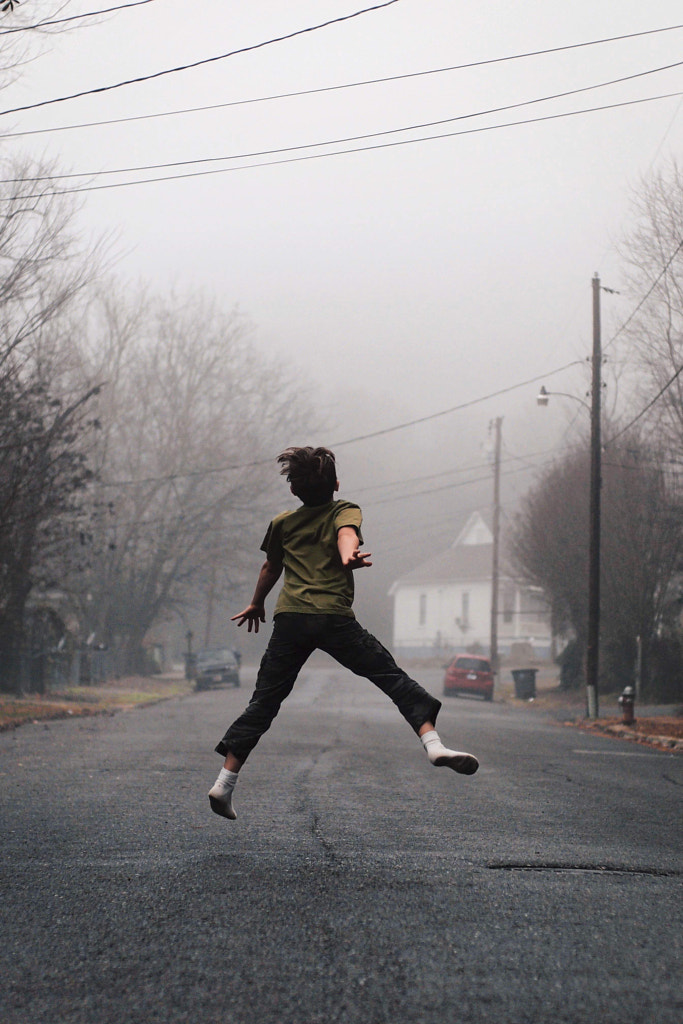
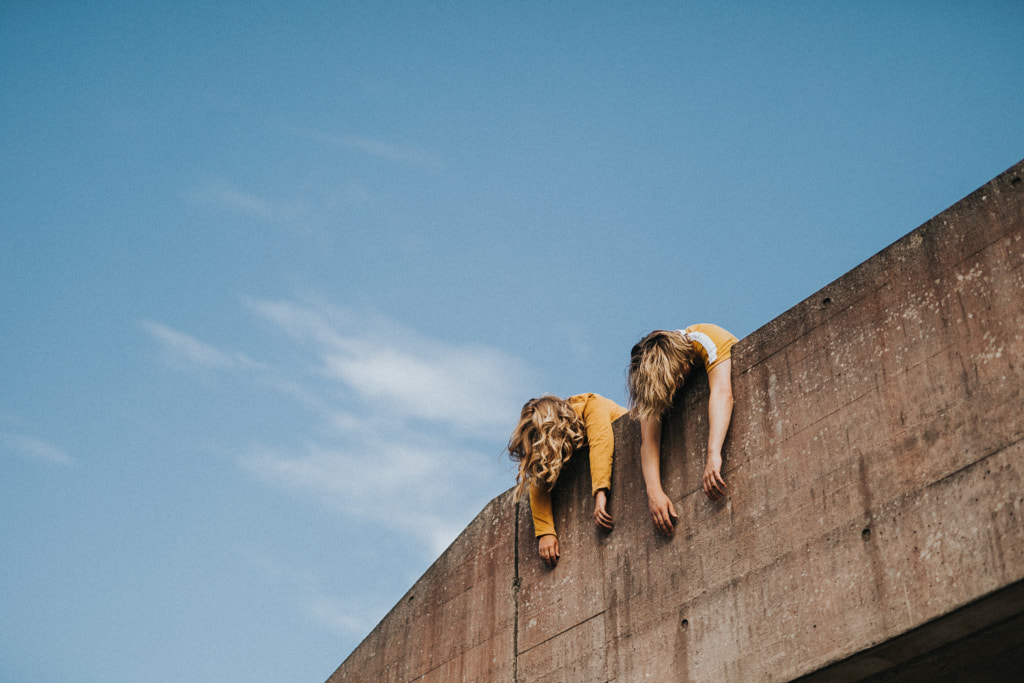
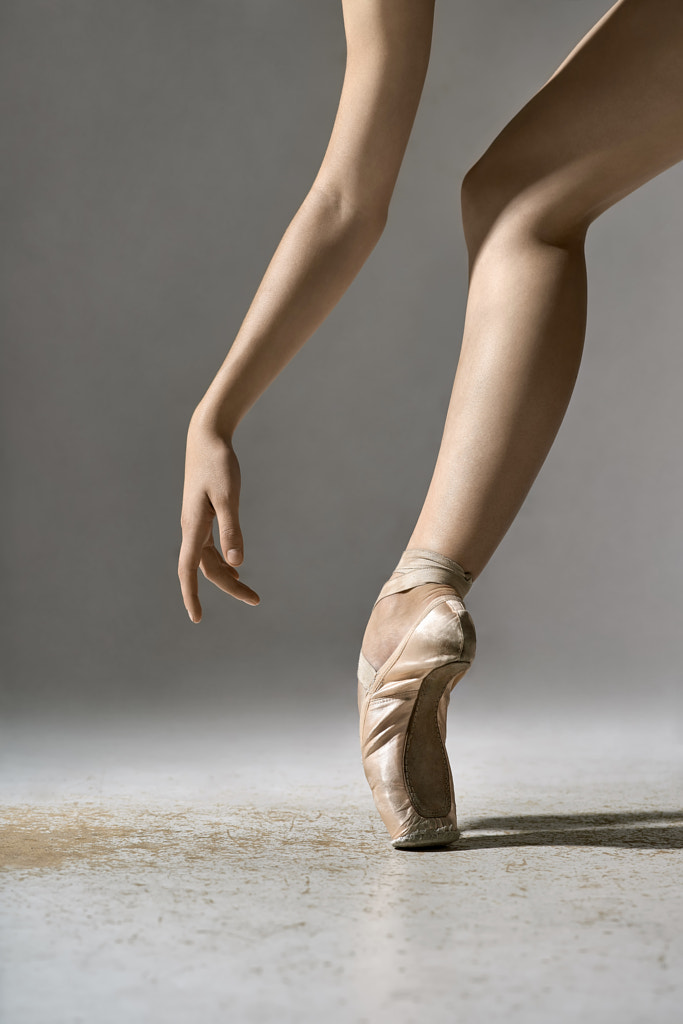
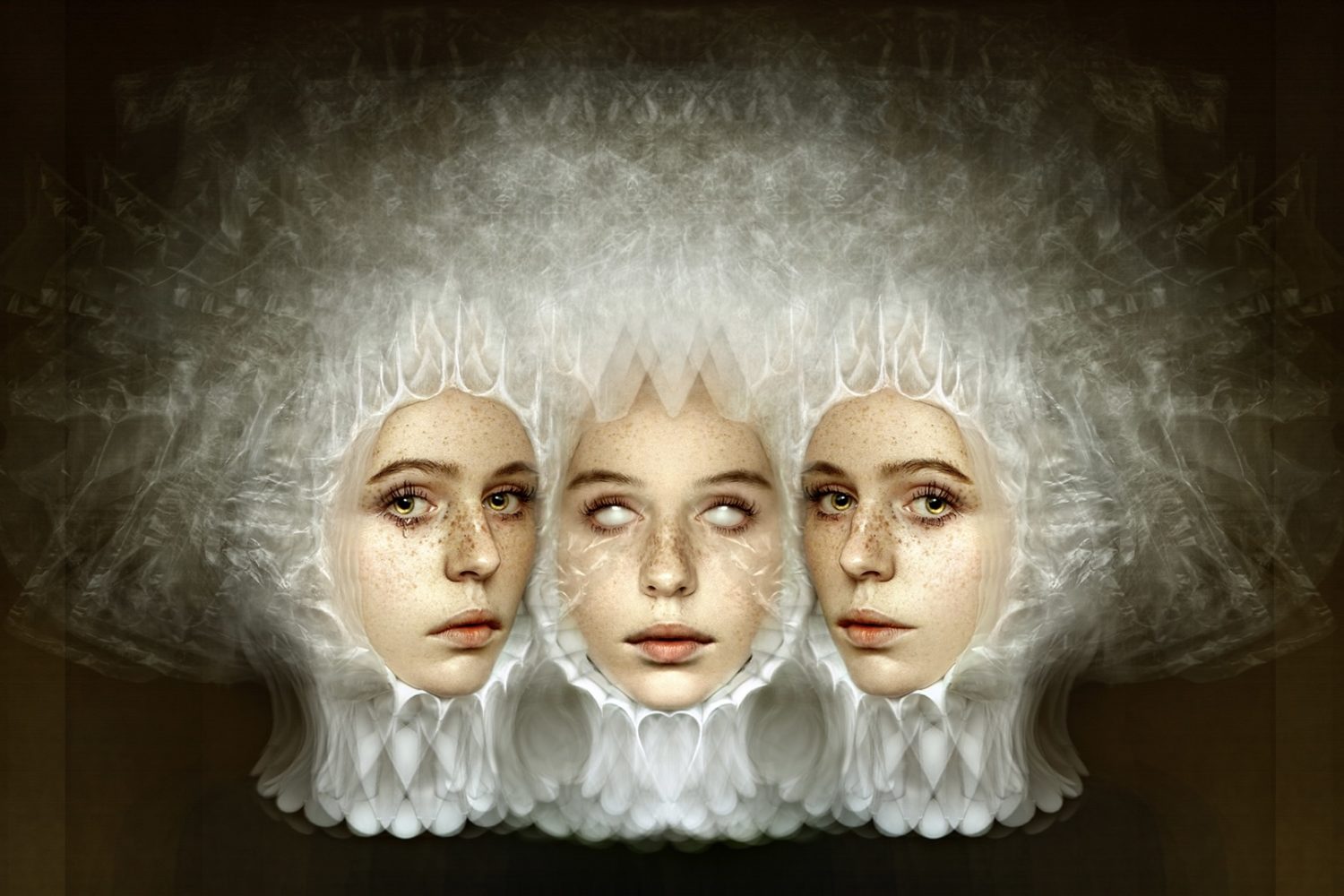
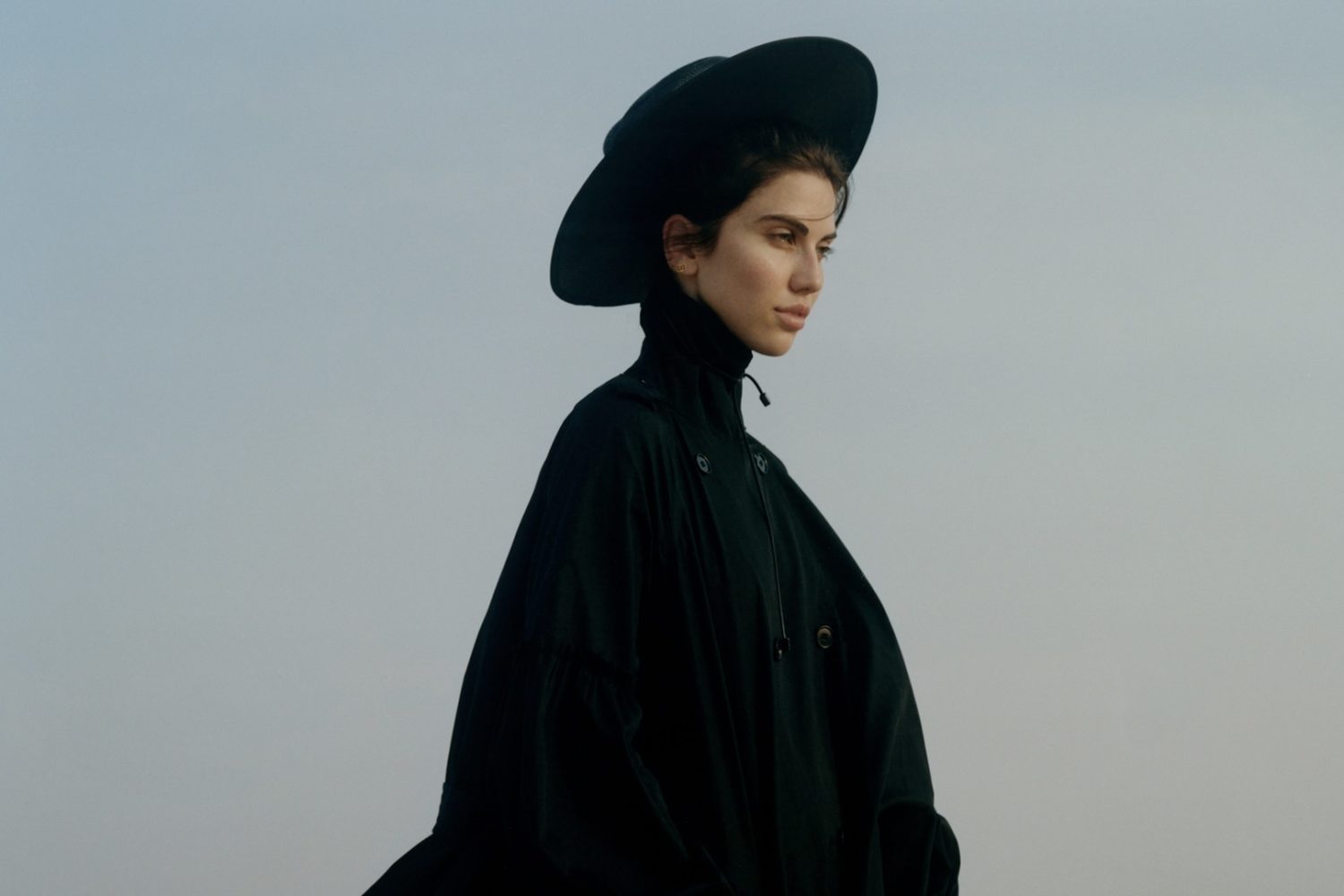
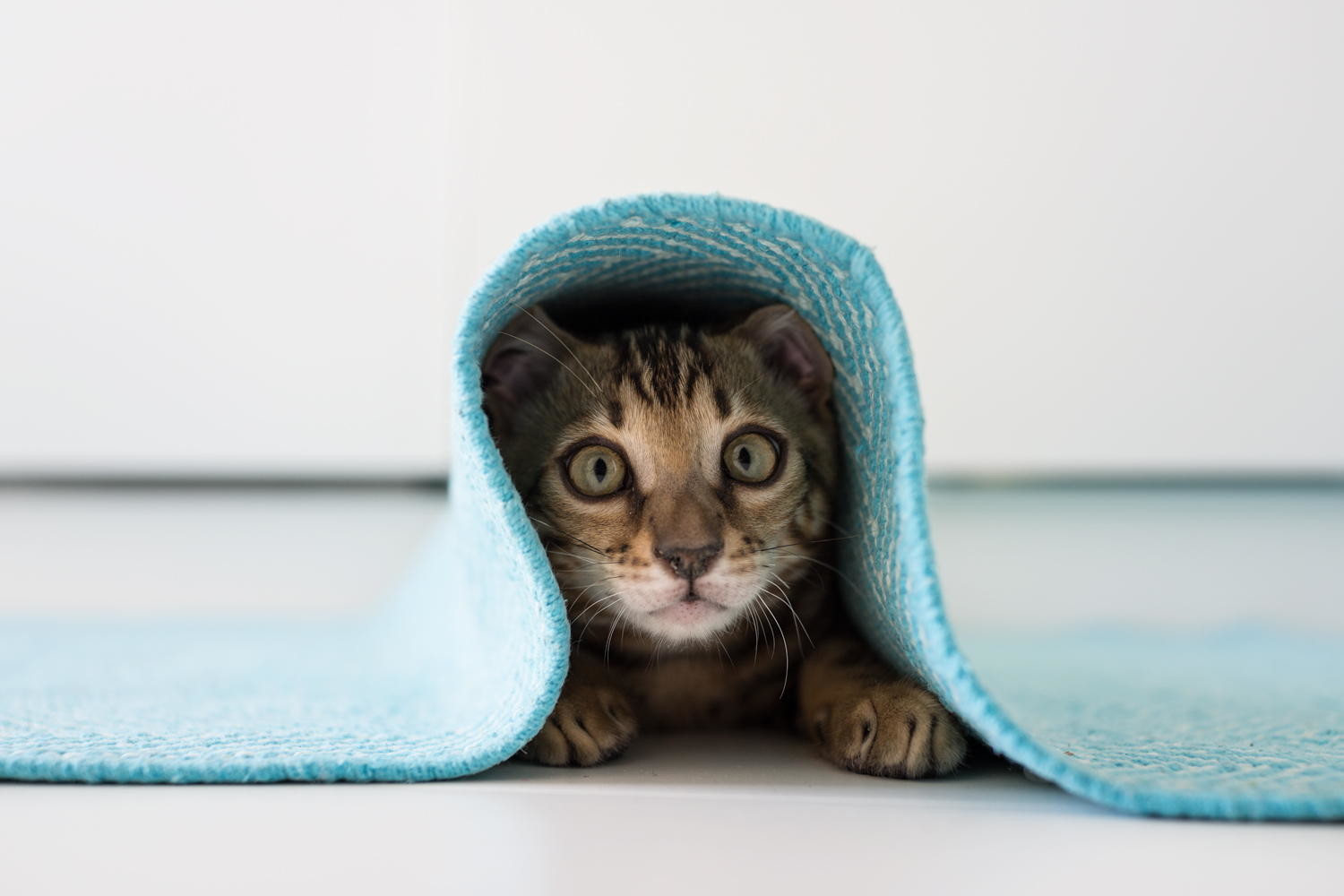
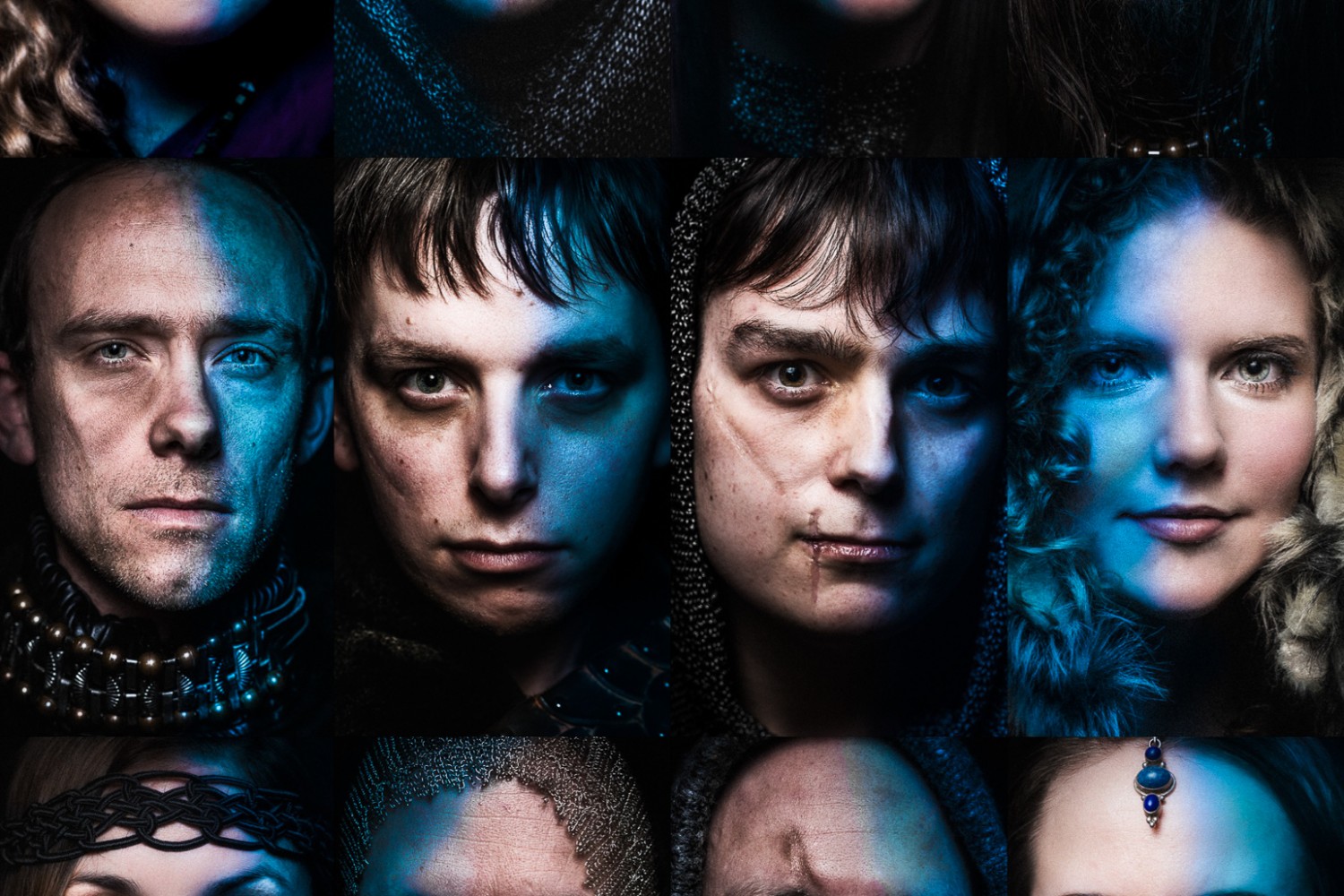
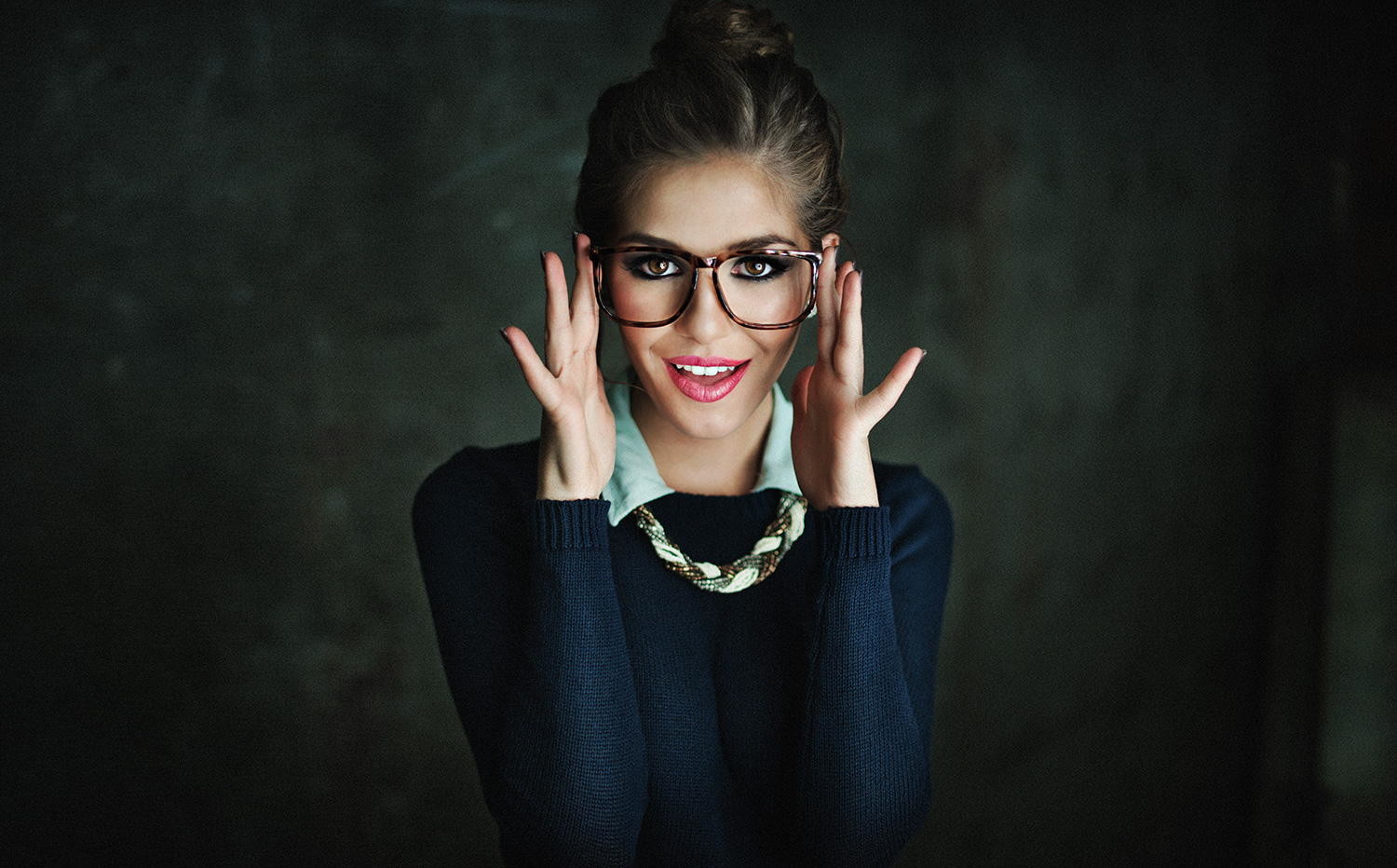
Leave a reply